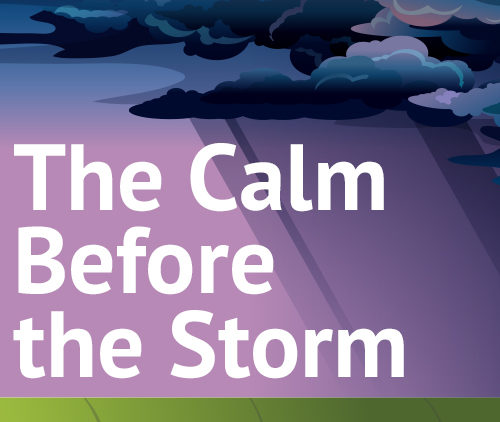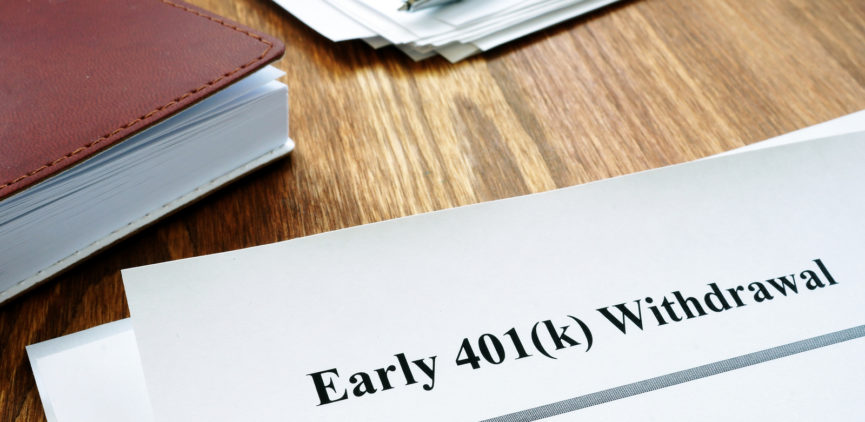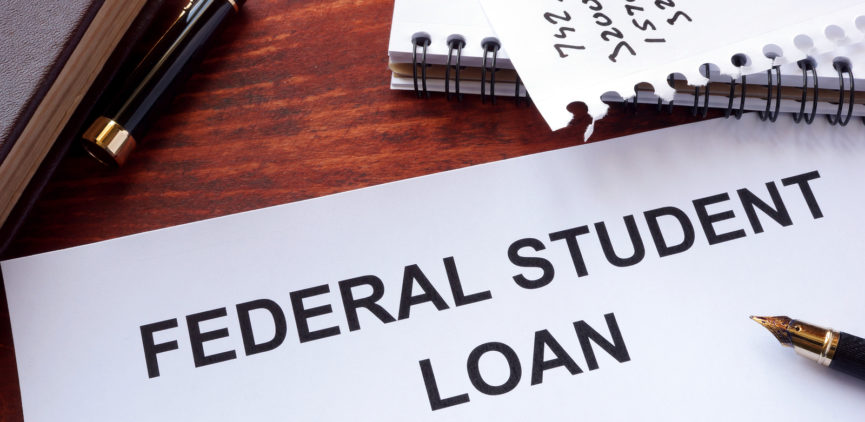How Credit Counseling Can Help When You are in a Financial Crisis
A personal financial crisis can take different forms. Losing a job, having your work hours or income reduced, facing a huge medical expense, and having your identity stolen are just a few examples. Many times, these situations can lead to larger problems, especially mounting credit card debt. If you find yourself in a financial crisis, you should know that credit counseling is an available resource, and it could be the perfect solution to help you recover. Let’s take a closer look at exactly how credit counseling can help.
Talking to Someone
We know that financial stress can impact your mental health, and many people find comfort and relief by talking about their concerns with someone else. Credit counseling pairs you with someone who is willing to listen and ready to help you move toward your goals. No, a credit counselor isn’t a therapist, but credit counselors are known for providing comfort in difficult times. Your credit counselor will approach your situation with understanding and empathy, and give you space to voice your financial regrets, concerns, and goals.
Trusting an Expert
A credit counselor isn’t just confidant; he or she is an expert trained in helping consumers overcome financial difficulty and make a plan for their future. There is great peace of mind that comes with working alongside such an expert. When you are in “crisis mode,” you may not have the time or mental energy to get bogged down in the details or pull yourself by the bootstraps to achieve financial recovery. The great thing about credit counseling is that you don’t have to. You get to put your financial situation in the hands of an expert and educator who can guide you toward your desired outcome, help you create a structured plan, and teach you new financial strategies and behaviors along the way.
Reviewing Your Credit Report
Your credit report is an extremely important financial indicator, because the information it contains affects your credit score. Unfortunately, mistakes are far too common in credit reports and many go unnoticed. If you are going through a financial crisis, you will want to keep a close eye on your credit report to make sure it does not have errors holding back your score. You will also want to watch the data on the report over time as a sign of your progress paying down debt.
Walking through each line item of your credit report with a credit counselor can reveal errors, highlight areas to work on, and give you the opportunity to ask questions and learn more about how credit reports and scores work.
Exploring Numerous Solutions
Sometimes you have a general problem and aren’t sure what the best solution is. Money inherently works this way. For example, if you are having a hard time paying rent, credit card debt might actually be the bigger underlying problem. If you could free up some cash away from your credit card bills, rent would be easier to make. That’s just one example. The good news is that credit counseling helps identify the major issues and identify your best solutions.
For some, housing really is the main issue. In that case, a credit counselor can point you to a housing counselor to explore options for how to keep your home. Alternatively, maybe your credit card debt makes you a good candidate to consider a Debt Management Plan. Or, maybe your financial strain is best addressed by some minor tweaks to your monthly budget. Your counselor can explore all of these solutions with you and even connect you to local resources in your community in cases where doing so would be helpful.
Simplify Your Month-to-Month Routine
If you opt for a Debt Management Plan, you will receive numerous benefits. One benefit that is particularly helpful is that your month-to-month routine will become much simpler. By making one monthly payment to cover all of your credit card debt, you don’t have to worry about the hassle of keeping track of multiple bills. Simply make one payment to the credit counseling agency, and you’re covered for the month. Not only that, but the DMP will put an end to those pesky creditor and collection calls, which are the last thing you need when you are in an already stressful situation.
Getting Started is Easy
If you are in a crisis, you may not have much time and energy left in the tank. Thankfully, it is very easy to get started with credit counseling. Sessions can be held online or via telephone (or in-person if you prefer). All you need to do to prepare is gather your basic financial information, including a list of your expenses, recent paystubs, and your credit card statements. You can read more about what to expect, or get started here.
The post How Credit Counseling Can Help When You are in a Financial Crisis appeared first on NFCC.
Read more: nfcc.org









